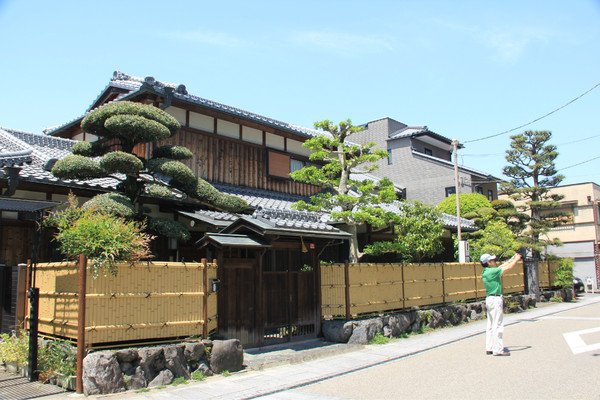
Meanwhile, the panel recommended further review for a chain of islands also in Japan's southwest that Tokyo had proposed be added to the natural sites on the World Heritage list.
Listing of the sites associated with the history of persecuted Christians will be officially discussed at a meeting in Bahrain from June 24 to July 4 of the U.N. Educational, Scientific and Cultural Organization's Intergovernmental Committee.
If the Paris-based international body agrees to list them, it would bring the total number of Japanese items on the world's cultural and natural heritage lists to 22, the government said, adding Tokyo will seek registration of the proposed natural sites.
The recommended cultural sites cover 12 locations, including Oura Church, a Catholic church in the city of Nagasaki designated as a national treasure, which is also the oldest surviving church in the country.
The other locations include the village of Sakitsu in Amakusa, Kumamoto Prefecture, where Christians practiced their faith in secret despite persecution for most of the Edo Period (1603-1868) under the rule of the Tokugawa shogunate.
People who continued to practice Christianity despite persecution "nurtured distinctive cultural traditions," according to the government.
The proposed natural sites comprise Amami-Oshima and Tokunoshima islands in Kagoshima Prefecture, the northern part of the main island of Okinawa and Iriomote Island, also in Okinawa Prefecture.
The government says the areas show a "unique biological evolution" and are important from the standpoint of "biodiversity preservation."

You can also earn by making delegation. Click here to delegateFollow this link to know more about delegation benefits.Congratulations, your post received 3.77% up vote form @spydo courtesy of @sufi0483! I hope, my gratitude will help you getting more visibility. to @spydo and earn 95% daily reward payout!